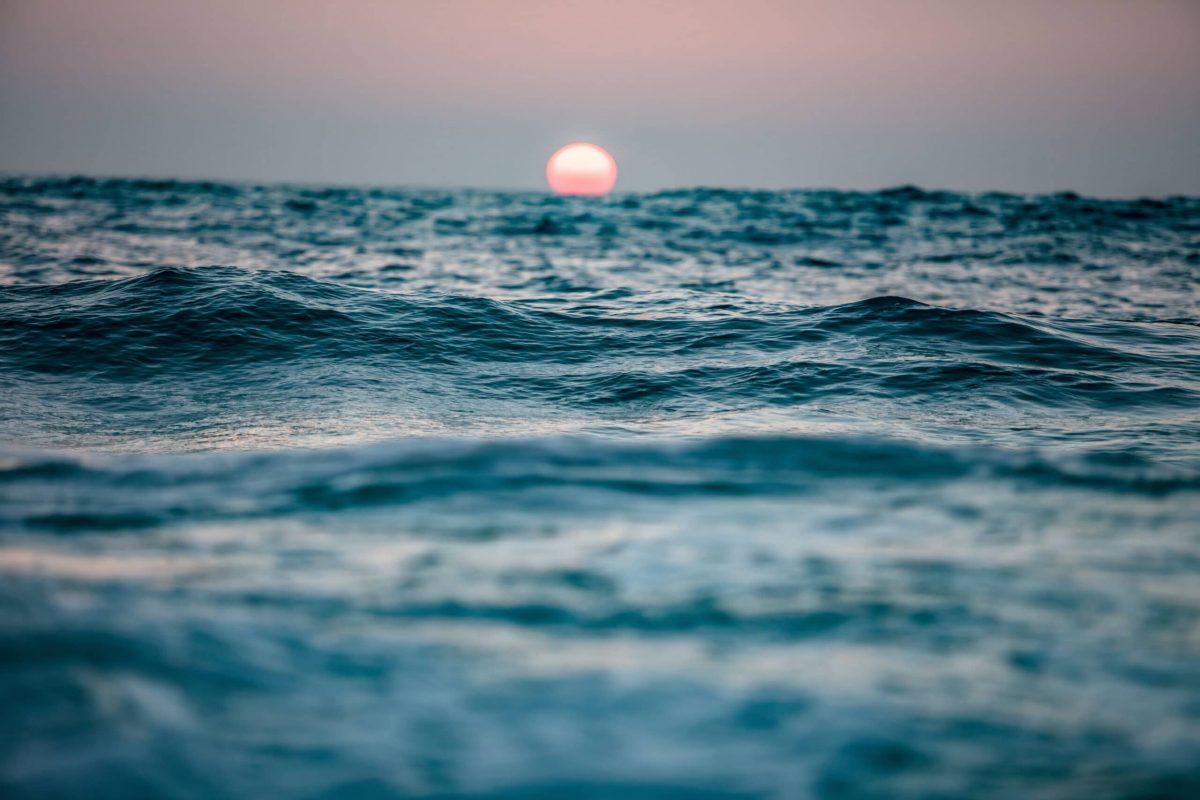Happy New Year everyone!
This year marks the start of the Decade, meaning we have 10 years to deliver on the 2030 Agenda for Sustainable Development and the 17 Sustainable Development Goals (SDGs). To ring in the new year, I want to revisit what the Decade is about and why it is so important. There’s a lot to look forward to so let’s get to work!
What is the United Nations Decade of Ocean Science for Sustainable Development?
The United Nations decided on December 5th, 2017 that the Decade will be held from 2021 to 2030. It will be a “once in a lifetime” opportunity to establish a common framework that will allow countries to utilize ocean science to achieve the 2030 Agenda for Sustainable Development. The ocean is our planet’s largest ecosystem and impacts everyone – directly or indirectly. The Decade will bring together stakeholders, from scientists to policymakers, to ensure that ocean science can deliver greater benefits for both the ocean ecosystem and for society.
The vision for the Decade is shown in the chart below:

Overall, the Decade aims to provide a thorough framework to achieve a number of high-level scientific outcomes such as:
- Comprehensive digital atlas of the ocean
- Comprehensive ocean observing system for all major basins
- Quantitative understanding of ocean ecosystems and their functioning as the basis for their management and adaptation
- Data and information portal
- Integrated multi-hazard warning system
- Capacity building and accelerated technology transfer, training and education, Ocean literacy
- Ocean in earth-system observation, research and prediction, supported by social and human sciences and economic valuation
Why do we need the Decade?
According to the United Nations First World Ocean Assessment, the Ocean is now seriously degraded. Pollution, overfishing, and ocean acidification caused by human activities have negatively impacted marine ecosystems everywhere. To properly respond and restore the health of the ocean, actions need to be based on sound knowledge informed by ocean science.
Unfortunately, global ocean science capabilities are not evenly distributed around the world. Most of the current research is carried out in developed countries such as the United States and China. Small Island Developing States (SIDS) and Least Developing Countries (LDCs), on the other hand, generally lack both the capacity and capability to undertake sound marine scientific research.
As a result, many countries are unable to conduct the necessary research to understand their local marine environment. This research is vital for policymakers to make critical decisions that could impact their local environment. Therefore, the Decade aims to bridge this gap by building a framework that will strengthen connections and partnerships between all communities that are working to study, conserve, and sustainably use the ocean and its resources.
Who can get involved?
The success of the Decade will require participation at all levels and contributions from many different stakeholders. Some of the key stakeholders include:
- Scientists to formulate priorities and plan for the global ocean agenda
- Policy-makers to connect ocean science activities with the 2030 Agenda
- Private Sector to develop and share new technologies needed to achieve key Decade objectives
- Donors to support the development of ocean science that meets the needs of society
- Civil Society/NGOs to help to connect ocean science to societal needs and interests
- Public/All of Us to contribute directly towards achieving the aims of the Decade
Enable Action at all Levels
Restoring the ocean cannot be done alone. It will require cooperation at all levels – local, national, regional, and international – to deliver the ocean we need for the future we want. To enable action at all levels will require:
- Strengthening dialogues: There are many stakeholders interested in maintaining the health of the ocean – from scientists, governments, academics, policy makers, business, industry and civil society – and all their voices should be heard. Everyone has to be at the table
- Developing partnerships: Words will not be enough though. Bold partnerships forged from those dialogues will allow stakeholders to bring their vision to life. This could be in the form of new ideas, solutions, partnerships, or applications
- Developing capacity-building: The latest technology is useless unless there are people who know how to use it. Developing the scientific knowledge base in SIDS and LDCs will also be vital for these countries to conduct proper ocean science research
- Leveraging funds and investments: Money makes the world go ’round. Currently, ocean science accounts for only between 0.04% and 4% of global research and development expenditures. More investments will be needed in areas where urgent action is needed
Next Steps
If you would like to contribute to the Decade, here are a few things you can do:
- Attend an event: Events are being hosted constantly by partner organizations around the world. You can find more information about the latest events here
- Share resources: There are resources available for any stakeholder whose interested in learning more about the Decade. You can find the stakeholder resources here
- Join the planning process: You can create a user profile by following this link which will allow you to connect to organizations, invite potential partners and discuss new ideas in the community forum
- Follow Eat Blue: Follow us to stay updated on the latest articles posted by our ambassadors at @eatbluenow on Facebook, Instagram and Twitter.
